- Overview
- Causes, Risks & Prevention
- Symptoms & Types
- Tests & Diagnosis
- Your Cancer Care Team
- Treatment & Side Effects
- Treatment Support
- Living With
- Remission & Recurrence
- Support & Resources
- Appointment Prep
- View Full Guide
Side Effects of Mouth and Oropharyngeal Cancer Treatment



Mouth and Oropharyngeal Cancer Treatment Side Effects
Mouth cancer and throat cancer treatments, including surgery, radiation, and chemotherapy, can be lifesaving. But you’re likely to get treatment side effects. They can start during or after treatment and continue for many weeks, sometimes longer. Side effects vary from person to person and by cancer treatment. Different members of your care team will work with you to help prevent or manage them, make your recovery easier, and avoid weight loss from not being able to eat normally.
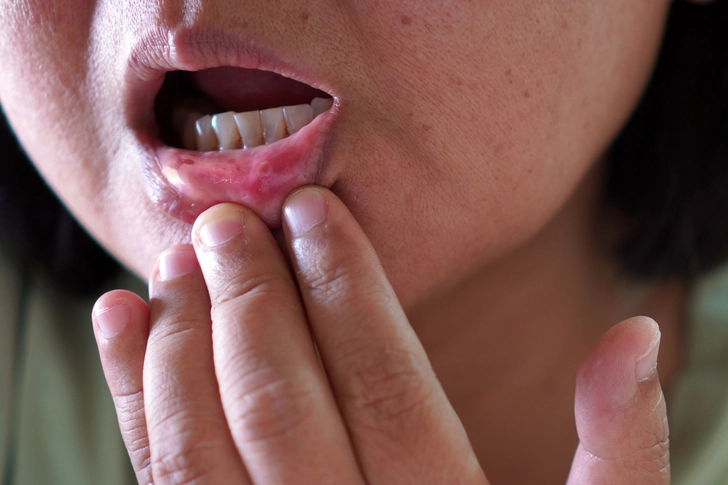
Oral Mucositis (Mouth Sores)
Chemo and radiation can inflame the tissues in your mouth and lead to painful mouth sores. See your dentist and practice good oral care before treatment to help avoid them. Afterward, pain medication and mouth rinses can promote healing. This will help you eat comfortably and not become malnourished. Cold foods like smoothies are very soothing. Also try cooked, soft foods — they’re easier to chew and swallow. Skip spicy cuisines and high-acid foods, like citrus.
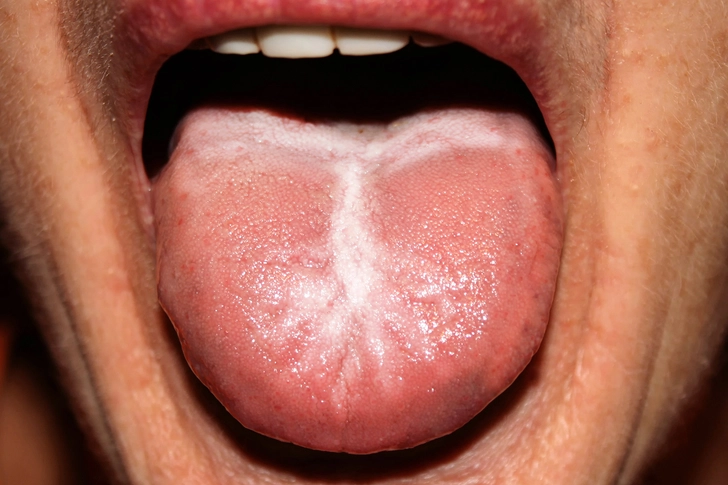
Candidiasis (Thrush)
Cancer treatment can upset the normal balance of organisms in your mouth. This allows unwanted ones, like the yeast candida, to grow unchecked and cause a yeast infection. Its telltale signs are white patches with underlying redness in your mouth and on your tongue. Your doctor can prescribe antifungal pills, mouth rinses, and topicals to stop the infection.

Xerostomia (Dry Mouth)
Both chemo and radiation can affect your salivary glands and, in turn, reduce the amount of saliva you make. Dry mouth can cause a sore throat and a burning feeling and make it hard to eat, swallow, and talk. Drink lots of water, chew (sugar-free) gum, and suck on special lozenges to moisten your mouth. Your team can also prescribe topicals and artificial saliva products.

Dysgeusia (Taste Changes)
Radiation and chemo can change the way foods taste to you. This is one of the longest-lasting side effects, sometimes up to a year. You might enjoy foods more if you heavily season them and choose those with strong tastes. Try combining cold and warm foods and foods with different textures at the same meal to shake up taste buds. If you get a metallic taste in your mouth, skip the usual utensils in favor of wood or plastic.
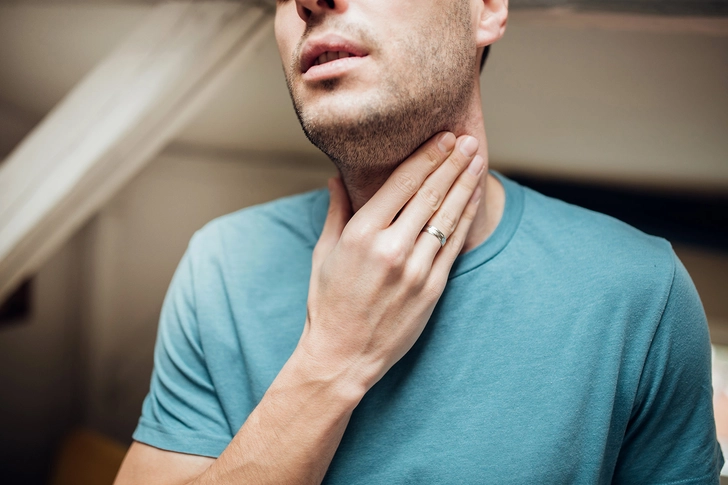
Dysphagia (Trouble Swallowing)
Radiation and chemo can lead to problems like mouth sores that make swallowing painful, and surgery can directly affect your ability to swallow as well as speak and chew. Eat more frequent small meals with soft foods as you heal. Some surgeries are known to affect key muscles in your throat. In that case, your team may include a speech and language therapist who can work with you before and after treatment on exercises to improve the muscles involved.

Fatigue
Tiredness and low energy are common after all cancer treatments, though it’s not clear why. It may take months to bounce back. Often the feeling persists even if you get rest and quality sleep. It sounds counterintuitive, but gentle exercise can help. Practices like yoga and tai chi can help improve your emotional outlook. Make a list of the most important tasks you need to do when you have bouts of energy.

Nausea
Both radiation and chemotherapy can make you feel nauseous. Chemo in particular can affect healthy cells as well as cancer cells, like those in your GI tract. When this happens, you can experience nausea. Ginger tea or candies can often ease the queasy feeling. To get needed nutrients when you don’t have much appetite, try eating small meals and choose cold, bland foods instead of those with strong aromas.

Weight Loss
Side effects of cancer treatment, like mouth sores, trouble swallowing, and taste changes, can add up to a loss of appetite or simply not being able to eat normally. This can result in unwanted weight loss. Treating each side effect should help, but also work with a dietitian trained in cancer care to get the most nutrients from the foods you are able to eat. You may also benefit from supplements for much-needed protein, vitamins, and minerals.
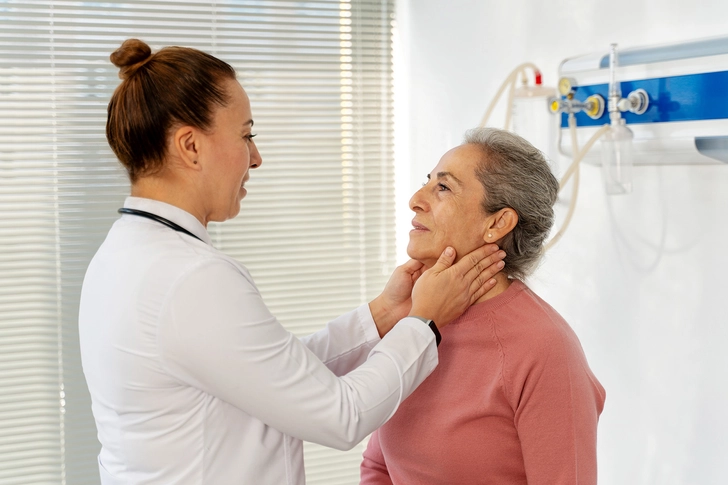
Lymphedema (Swelling)
Lymph nodes and the entire lymphatic system keep lymph fluids moving through the body. If surgery or radiation affects the lymph nodes in your mouth or throat, fluid can get trapped and cause swelling. You may see it in your face or neck. Remedies include a special type of massage that encourages fluids to drain, compression bands, and head and neck exercises.
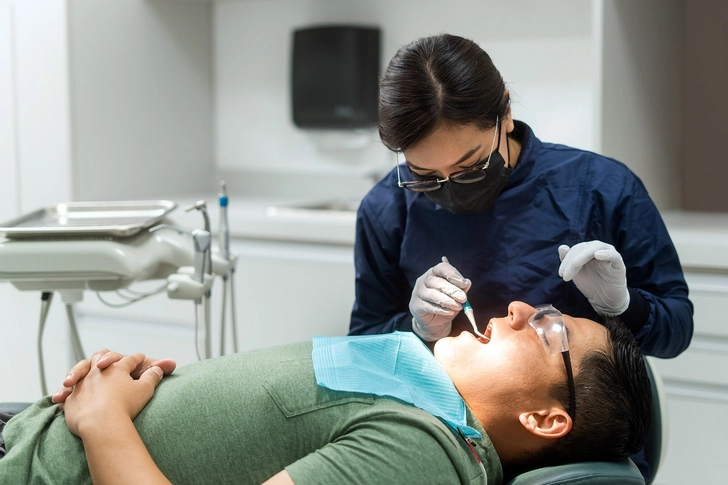
Osteoradionecrosis (Bone Death)
This is a rare, serious side effect of radiation. It typically occurs in the lower jaw. High levels of radiation can damage blood vessels that feed this bone, which has few blood vessels to begin with. If the bone doesn’t get needed nutrients from blood, it can die and even become exposed. A healthy low-sugar diet, good dental hygiene, and regular dentist visits can help avoid or limit the damage. Antibiotics, painkillers, and surgery may be needed if it becomes advanced.
IMAGES PROVIDED BY:
E+/Getty Images
Moment/Getty Images
iStock/Getty Images
E+/Getty Images
Moment/Getty Images
iStock/Getty Images
E+/Getty Images
iStock/Getty Images
Moment/Getty Images
E+/Getty Images
E+/Getty Images
SOURCES:
Cancer Research UK: “Side effects of radiotherapy for mouth and oropharyngeal cancer,” “Tips for Diet Problems,” “Problems after mouth and oropharyngeal cancer surgery,” “Eating and drinking when you have mouth and oropharyngeal cancer.”
Cancers: “Oral Complications from Oropharyngeal Cancer Therapy.”
American Cancer Society: “Living as an Oral Cavity and Oropharyngeal Cancer Survivor.”
MD Anderson Cancer Center: “What does oral thrush look like?,” “How to manage nausea from cancer treatment”
The Oral Cancer Foundation: “Candida Infection,” “Xerostomia.”
MassGeneral Brigham: “Oral Cavity and Oropharyngeal Cancer.”
Mayo Clinic: “Cancer fatigue: Why it occurs and how to cope.”
University of Pennsylvania OncoLink: “Lymphedema After Head and Neck Cancer.”
Canadian Cancer Society: “Osteoradionecrosis.”